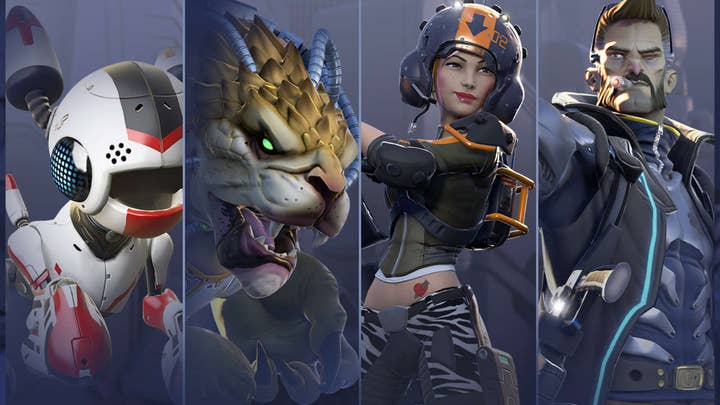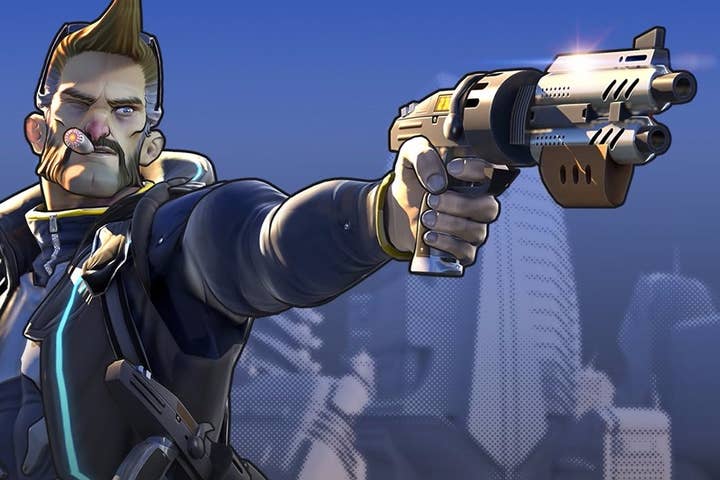Atlas Reactor: From freemium to premium
"We don't tend to view business models as a religious subject"
These days it's not unusual to watch a game make the transition from a subscription model or a premium price to free-to-play, hoping to boost engagement, sales or just keep wagging the long tail for as long as possible. It's rarer to see it going the other way, but that's just what Trion Worlds has done with Atlas Reactor, swapping from free-to-play to a single point of sale.
"We always want to be the company making the game that people are going to look at and say, 'oh wow, this is fun.' We don't want the business model to detract from that," says CEO Scott Hartsman.
"You don't go making a change like this without taking fans into account"
"We started looking at the data from the alpha, the data from the beta, and a lot of people's feedback was generally around the idea that they really just wanted to be able to just pick up the game and have all the options open to them - in our case that means all of the characters, all the freelancers. When we think about that as game designers we go, 'well, if more people have more access to more ways to play it actually makes for better games and much better match ups. And so it seemed really like a win-win from both their point of view and ours."
The game is now available at a one-off price of $19.99, which will rise to $29.99 after a short amount of time. Players who have already been spending in the free-to-play set up will also be rewarded, receiving a free copy if they've bought $10 or more of in-game credits, or bought any of the game's Founder's Packs.

"You don't go making a change like this without taking fans into account. Anytime there might be a change we want to make sure that anybody who was supported us is taken care of and then some."
As far as Hartsman is concerned evolving business models are nothing new, and he sees a change in player attitudes towards free-to-play in the competitive space.
"I've been making online games for 25 years now and we've been through four or five different generations of dominant business models. If anything is constant it's that nothing is going to be the same for more than four or five years. I think we're on the cusp of one of those right now," he explains.
"When you start looking at what's coming out now you're seeing this resurgence of buy-to-play games. I think in the competitive space, in particular, there's just a certain amount of fatigue around the idea [of free-to-play]. And for us, since we have our own platform and the ability to design custom business models, it just became pretty obvious to us from the data that we had gotten from the beta access packs we were able to take a look at that and then come up with price points we think people would really like. "
"When you start looking at what's coming out now you're seeing this resurgence of buy-to-play games"
He adds that the flat structure of Trion Worlds, where anyone can submit feedback about any project, helped identify the business model as a potential area for consideration at an early stage in development.
"The way this decision came around in the first place started from people internally talking about if free-to-play was the right model," he says.
"We don't tend to view business models as a religious subject. For us, it's about applying the logic of what customers want, what fits the game, what fits the strengths of the people making the game. This is really the first time in the last few years that we've gone forward with a game where the model we've been using for the last couple of years really didn't make a whole lot of sense, and a better answer availed itself right there in front of us in our testing."


